HEALTH CARE ACCESS:
Due to its remote location, El Zurzular has a smaller health center called a CESAR. CESAR’s never have doctors on staff and typically have one nurse. The nurse staffs the health center Monday through Friday traveling from her home in Cofradia, about a 45-minute drive. The health center is open from about 7am to 3pm. Access to healthcare is limited, and if community members need to see a doctor or dentist, they must travel down the mountain to Cantarranas, the nearest town with a CESAMO, or a larger-scale health center where doctors and occasionally dentists are on staff. The trip can take up to 4 hours on foot. Although there is a bus that comes to the community, it does not come very often and many community members cannot afford to pay the bus toll.


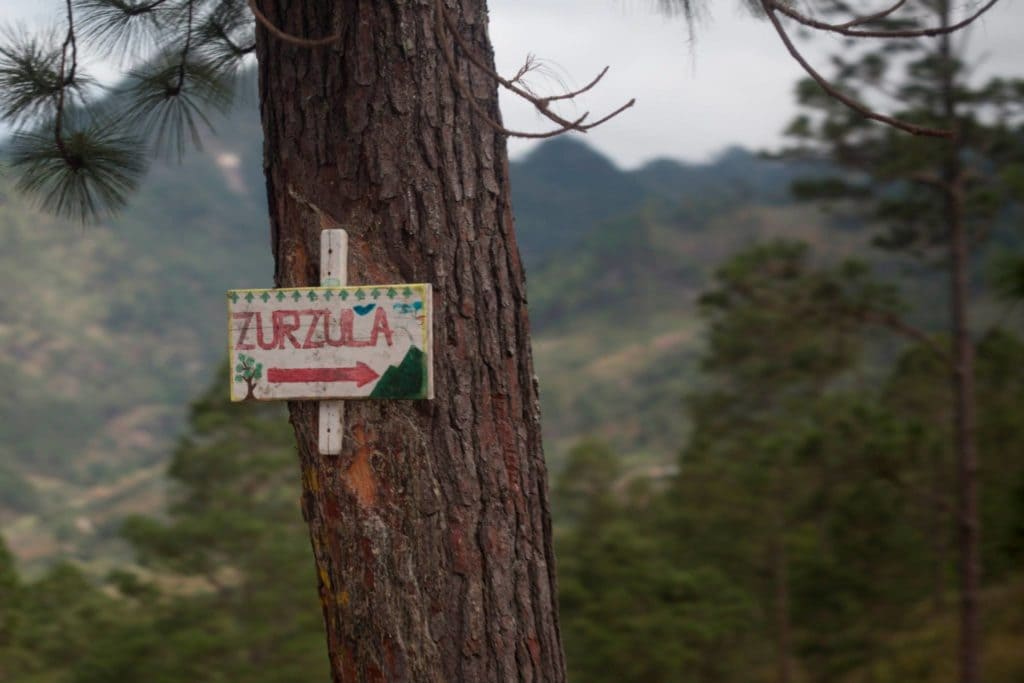
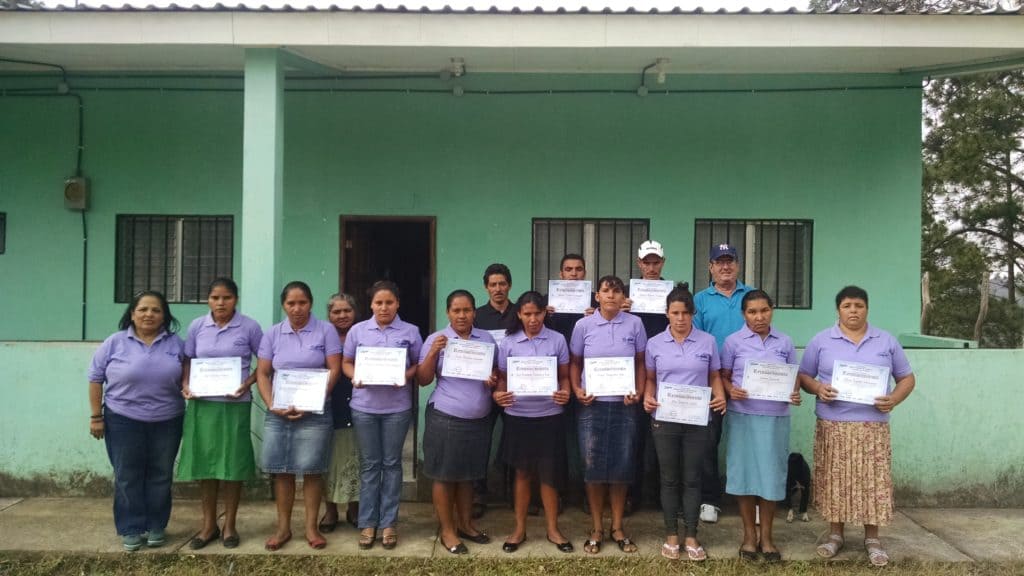 COMMUNITY HEALTH WORKERS:
COMMUNITY HEALTH WORKERS: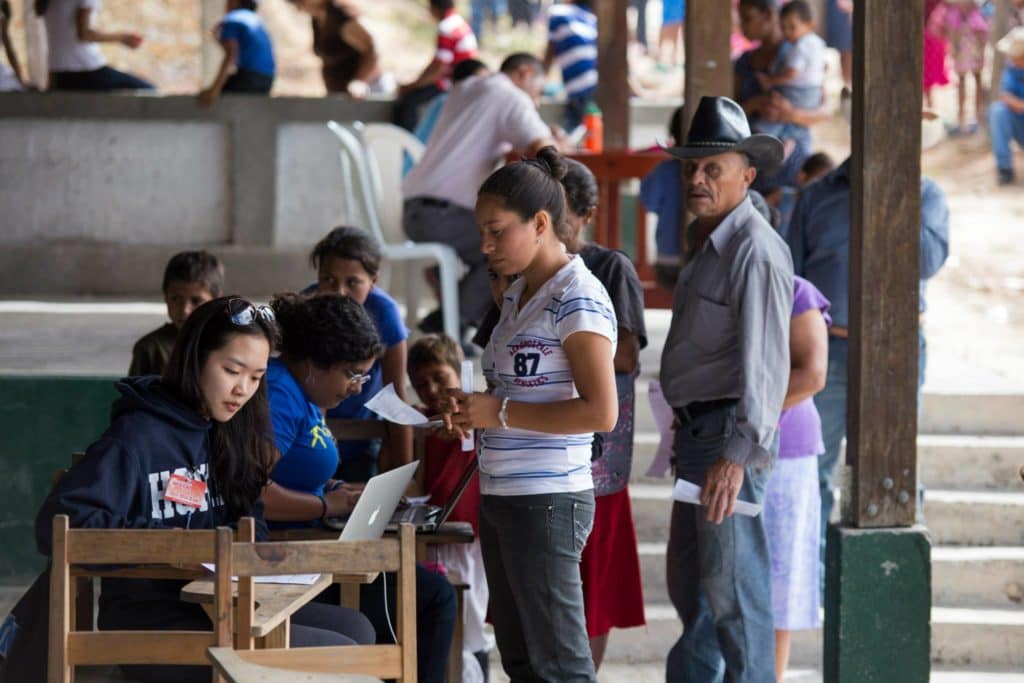
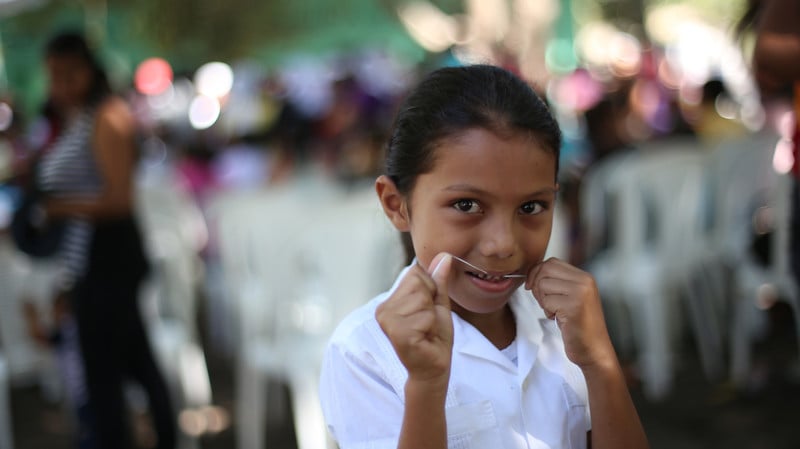 BRIGADE INFORMATION:
BRIGADE INFORMATION: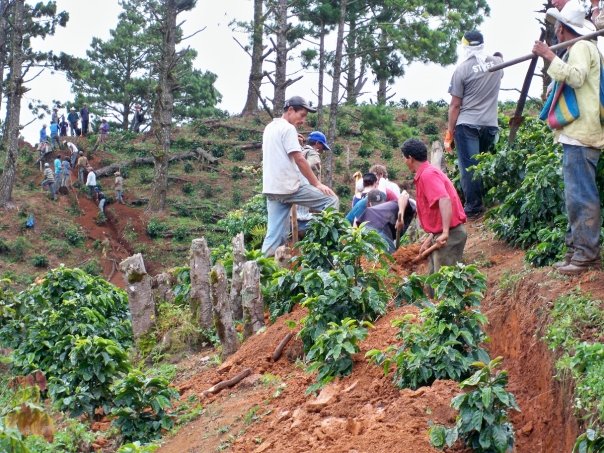
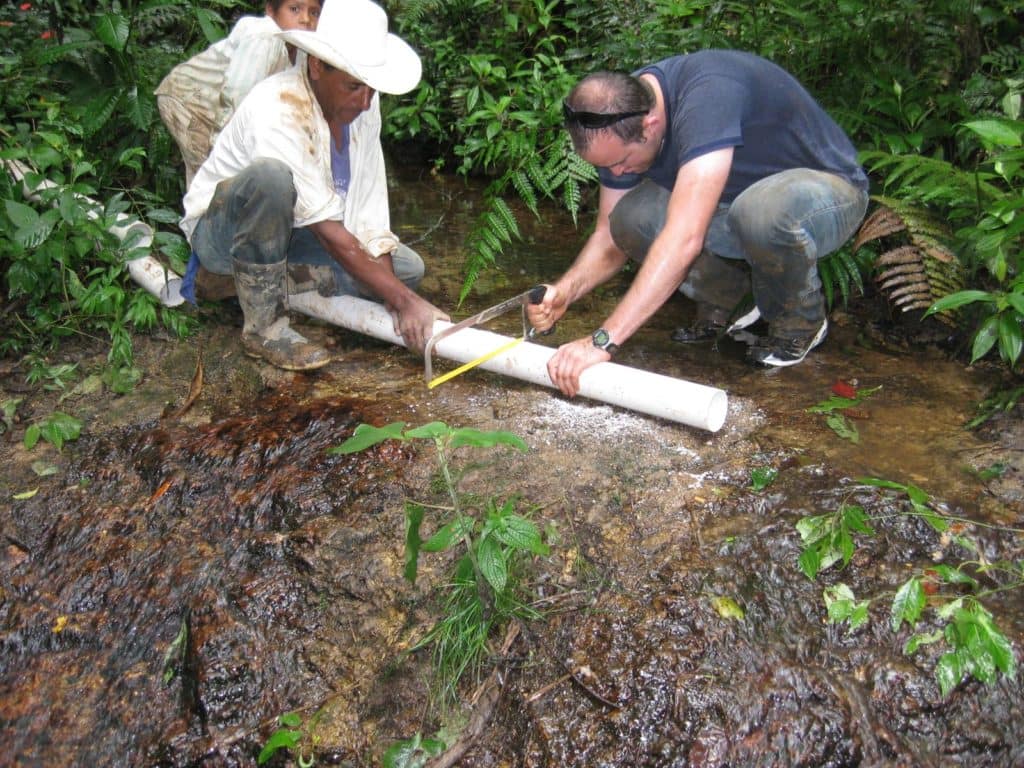
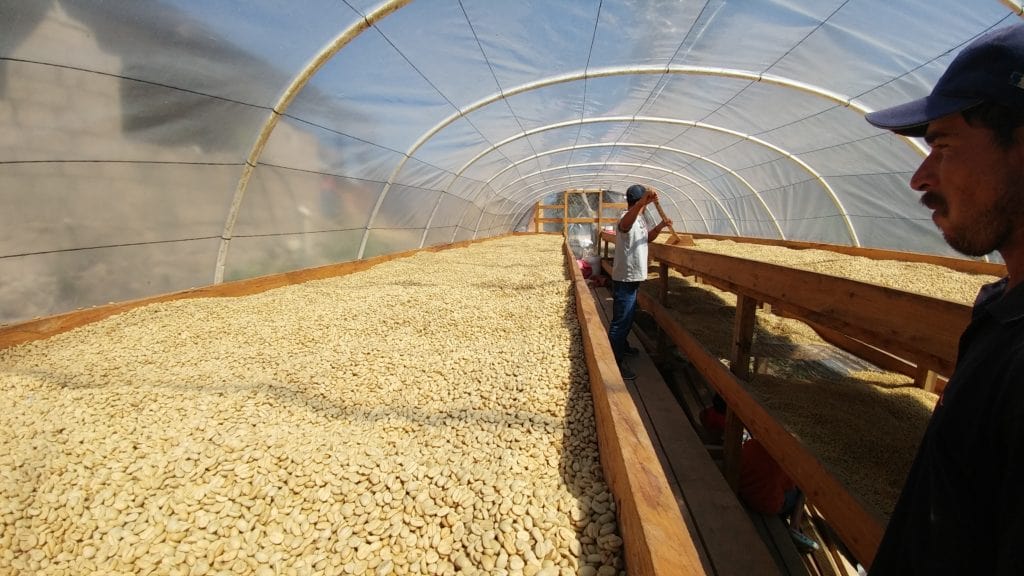 EL ZURZULAR’S MICROFINANCE SOLUTION
EL ZURZULAR’S MICROFINANCE SOLUTION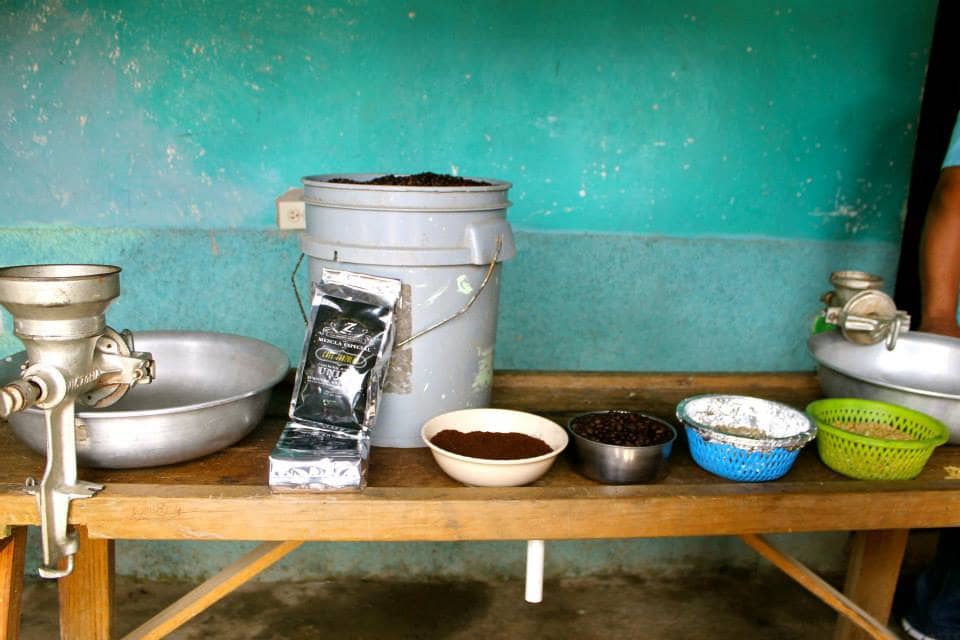 EL ZURZULAR’S BUSINESS SOLUTION
EL ZURZULAR’S BUSINESS SOLUTION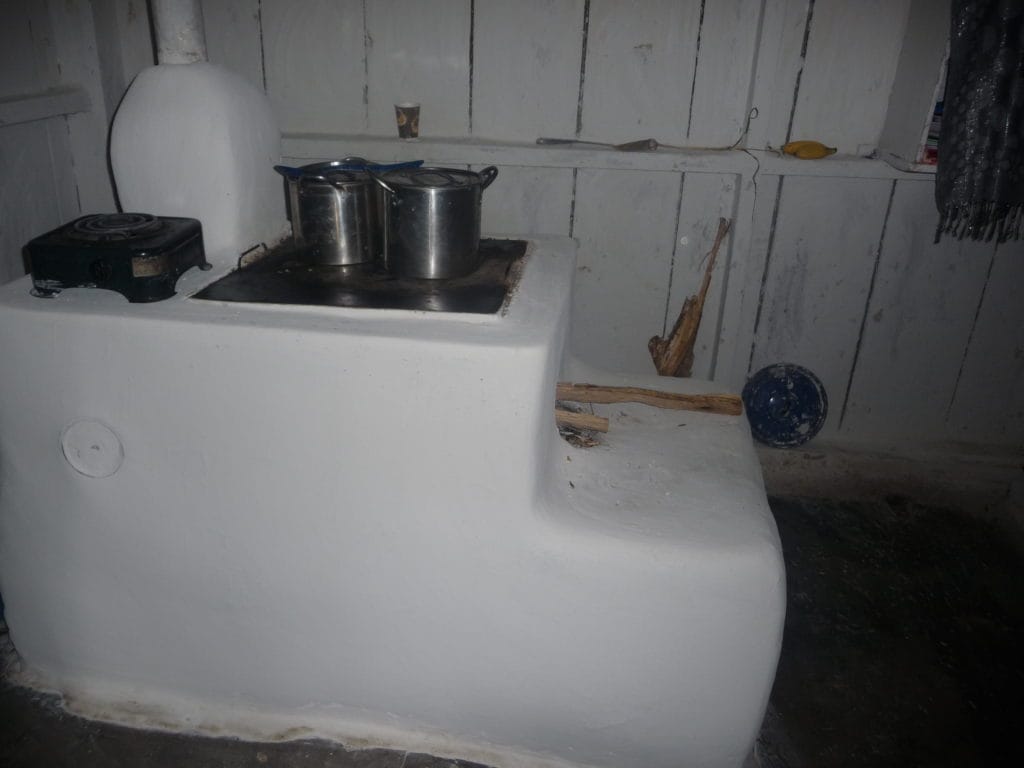 EL ZURZULAR’S PUBLIC HEALTH SOLUTION
EL ZURZULAR’S PUBLIC HEALTH SOLUTION